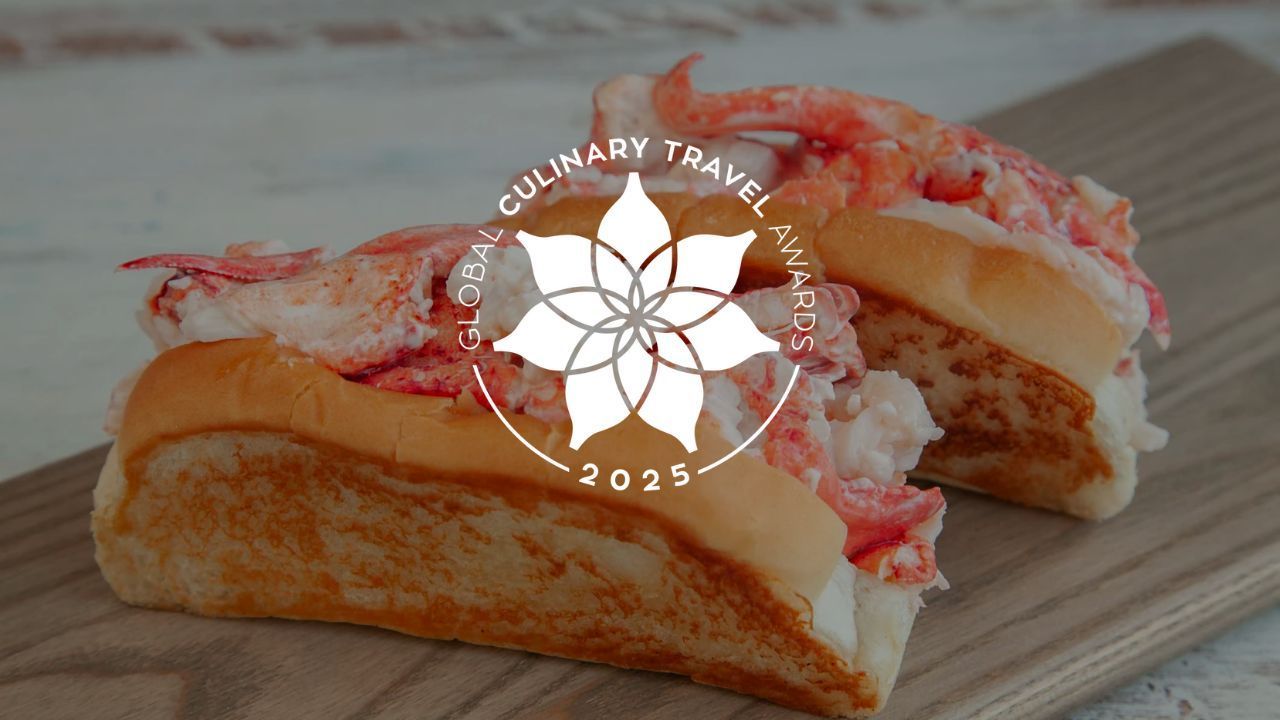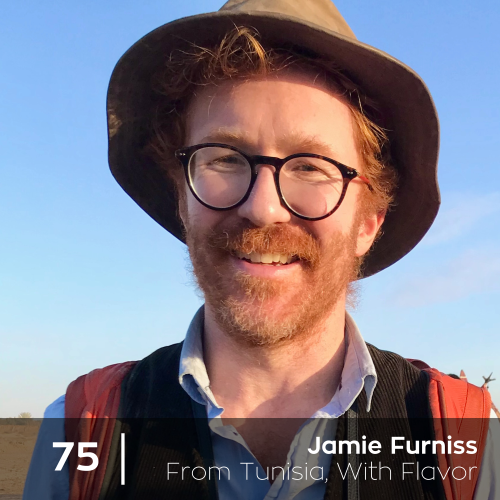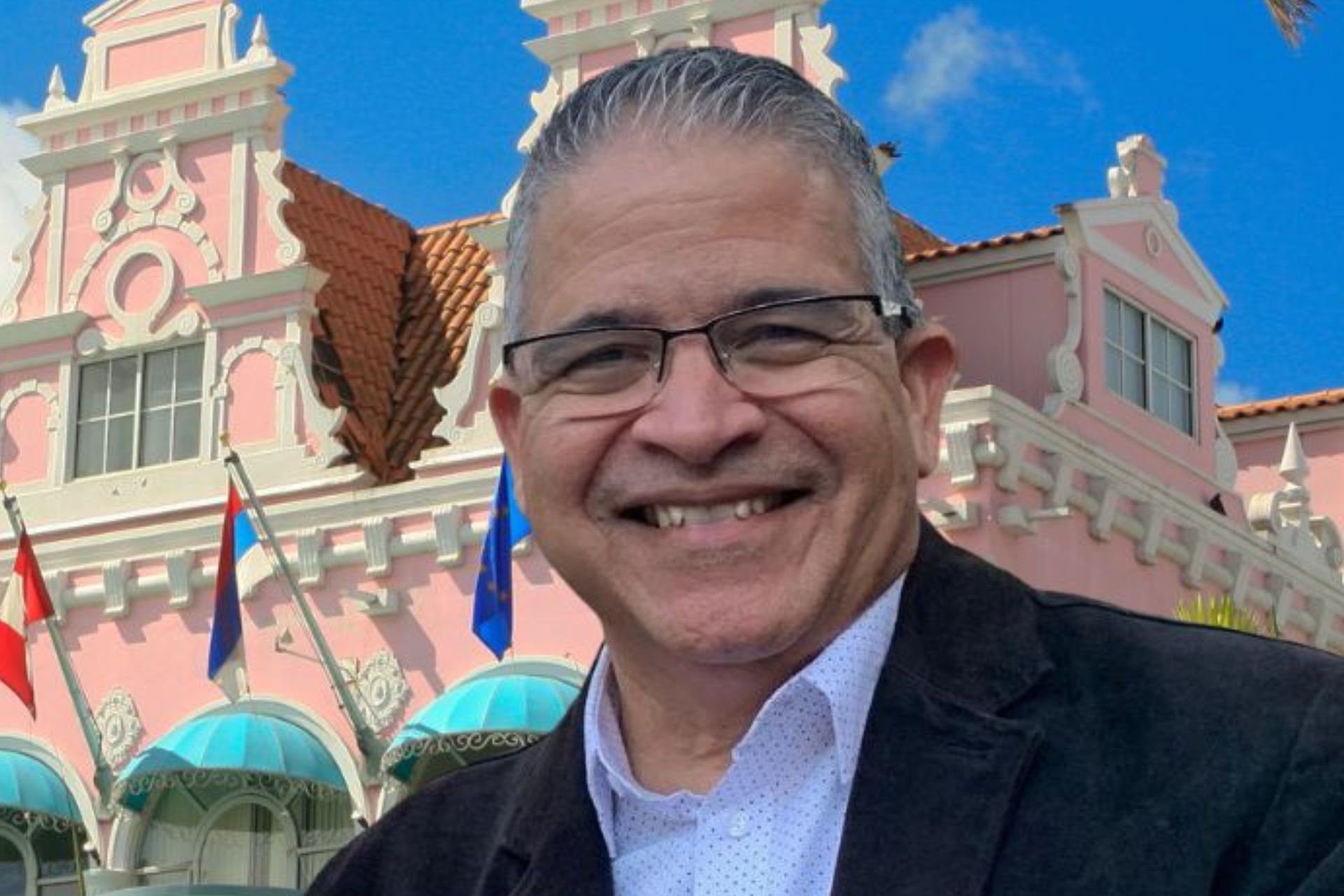Free 10-Step Foodservice Checklist to Reduce Food/Beverage Packaging Waste
Today the World Food Travel Association announced the release of its free 10-Step Foodservice Guide and Checklist to Reduce Food/Beverage Packaging Waste. The checklist was developed in support of the Association’s Food Tourism 2025 Initiative, one of the goals of which is to help trade and consumers alike, understand ways to help reduce the waste from plastic straws, plastic cutlery, plastic takeaway containers and plastic bags.
The volume of plastic waste created by food and beverage packaging has taxed the Earth’s environment in ways beyond imagination, from baby seals eating styrofoam and dying, to plastic microbeads working their way into the fish we eat, to plastic packaging waste littering beaches, rivers, lakes and the ground, all around the planet. Pictured is plastic food and drink packaging waste on the shore of the Dead Sea in Jordan. Nothing ruins a holiday more than plastic garbage strewn everywhere.
As food and drink lovers, we have an obligation to reduce the volume of plastic food and beverage packaging that we use while on holiday. The current situation is simply not tolerable, and the World Food Travel Association is committed to doing our part to raise awareness. Firstly, we invite foodservice professionals and consumers alike to download our free 10-Step checklist offering suggestions and resources of ways to help them reduce their use of food and beverage plastic packaging. Not every business or community can implement all of the ways suggested, but reduction needs to start with the customers – either consumers who demand more responsible packaging, or business customers who refuse products not packaged in a responsible manner. And just because we may be on holiday does not mean we leave our recycling habits at home. We need to be as vigilant with our responsible behavior at home, as we are on holiday.
Anyone who protests the cost to business or the economy needs to look further afield. Sustainable replacements for plastic straws, cutlery, takeaway containers and bags already exist and when bought in bulk, do not necessarily cost more than the plastic products they replace. Secondly, we encourage governments to “think outside the box”. It is not a far stretch to make the connection between investing in the manufacture of plastic alternatives and greater support of recycling centers and the boon to economic development. Working together, we can tackle this problem. It will be a win-win-win for food-loving consumers, foodservice businesses, and area governments.
Update July 2020: The checklist is no longer available for download.











